Dates, also known as the “fruit of paradise,” have been a cherished delicacy in Egypt for thousands of years. Renowned for their sweet taste and numerous health benefits, dates have played a significant role in Egyptian culture, cuisine, and economy. Let’s delve into the fascinating world of dates in Egypt and discover why they are truly the fruit of choice for many. Historical Significance Dates have deep roots in Egyptian history, dating back to ancient times. The date palm tree, from which dates are harvested, was revered by the ancient Egyptians for its symbolism of life and growth. To them, the date palm represented both the tree of life and the tree of knowledge, playing a central role in their religious beliefs and daily lives. The ancient Egyptians not only consumed dates for their delicious flavor but also used them as a form of payment and trade. Dates were highly valued commodities that were exchanged for other goods and services.
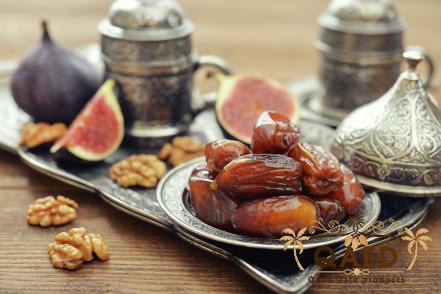
.
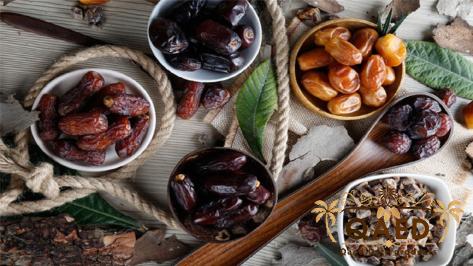 They were so prized that they were often included in burial tombs to sustain the deceased in the afterlife. Culinary Delights In modern-day Egypt, dates continue to be a staple ingredient in many traditional dishes and sweets. One popular dish is “Tagine Bel Malt,” a savory tagine made with lamb, dates, and a blend of aromatic spices. The sweetness of the dates complements the rich flavors of the meat, creating a deliciously balanced meal that is enjoyed by many Egyptians. Dates are also commonly used in desserts and pastries in Egypt. “Basbousa,” a sweet semolina cake, often features dates as a natural sweetener, adding a chewy texture and depth of flavor to the dessert. Another favorite is “Mahalabiya,” a creamy milk pudding topped with chopped dates and nuts, providing a perfect combination of sweetness and crunch. Health Benefits Beyond their culinary uses, dates are prized in Egypt for their myriad health benefits. Rich in essential nutrients such as fiber, vitamins, and minerals, dates are often referred to as nature’s energy boosters. They are a natural source of sugar, making them a healthy alternative to refined sugars in desserts and snacks. Dates are also known for their digestive properties, aiding in digestion and promoting gut health. The high fiber content in dates helps to regulate bowel movements and prevent constipation. Additionally, dates are packed with antioxidants that help combat free radicals and promote overall well-being. In Egyptian culture, dates are often consumed during the holy month of Ramadan as a traditional way to break the fast.
They were so prized that they were often included in burial tombs to sustain the deceased in the afterlife. Culinary Delights In modern-day Egypt, dates continue to be a staple ingredient in many traditional dishes and sweets. One popular dish is “Tagine Bel Malt,” a savory tagine made with lamb, dates, and a blend of aromatic spices. The sweetness of the dates complements the rich flavors of the meat, creating a deliciously balanced meal that is enjoyed by many Egyptians. Dates are also commonly used in desserts and pastries in Egypt. “Basbousa,” a sweet semolina cake, often features dates as a natural sweetener, adding a chewy texture and depth of flavor to the dessert. Another favorite is “Mahalabiya,” a creamy milk pudding topped with chopped dates and nuts, providing a perfect combination of sweetness and crunch. Health Benefits Beyond their culinary uses, dates are prized in Egypt for their myriad health benefits. Rich in essential nutrients such as fiber, vitamins, and minerals, dates are often referred to as nature’s energy boosters. They are a natural source of sugar, making them a healthy alternative to refined sugars in desserts and snacks. Dates are also known for their digestive properties, aiding in digestion and promoting gut health. The high fiber content in dates helps to regulate bowel movements and prevent constipation. Additionally, dates are packed with antioxidants that help combat free radicals and promote overall well-being. In Egyptian culture, dates are often consumed during the holy month of Ramadan as a traditional way to break the fast.
..
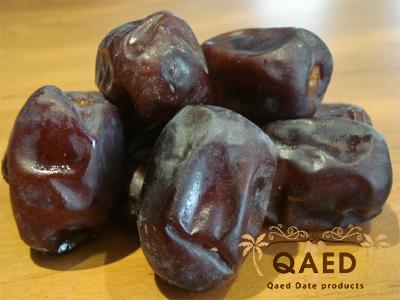 Dates provide a quick source of energy and replenish the body’s nutrients after a day of fasting. They are typically eaten with a glass of water or milk, followed by a larger meal to sustain the body until the next day’s fast. Economic Importance The date palm tree is not only revered for its fruit but also for its economic significance in Egypt. Date cultivation is a thriving industry in Egypt, with vast palm groves spanning across the country. Egypt is one of the largest producers of dates in the world, exporting a variety of date varieties to international markets. The cultivation and harvesting of dates provide employment opportunities for many Egyptians, particularly in rural areas where date palm cultivation is a primary source of income. Date festivals and markets are common in Egypt, showcasing the diversity of date varieties and celebrating the cultural importance of dates in Egyptian society. In conclusion, dates hold a special place in Egyptian culture, cuisine, and economy. From their historical significance in ancient times to their modern-day culinary uses and health benefits, dates continue to be a beloved fruit that enriches the lives of many Egyptians. Whether enjoyed in savory dishes, sweet desserts, or simply as a wholesome snack, dates truly embody the spirit of abundance and vitality in Egypt. Their versatility in both sweet and savory preparations makes dates a beloved ingredient in Egyptian cuisine, enriching dishes with their natural sweetness and nutritional value. Whether incorporated into traditional recipes or enjoyed on their own as a wholesome snack, dates are a symbol of abundance, health, and hospitality in Egypt. Date palms, with their iconic fronds swaying in the desert breeze, are a common sight across the Egyptian landscape. These majestic trees not only provide a bountiful harvest of dates but also serve as sources of shade and shelter in the arid climate. In rural communities, date palms hold cultural significance as symbols of prosperity and sustainability, embodying the resilience and resilience of the Egyptian people.
Dates provide a quick source of energy and replenish the body’s nutrients after a day of fasting. They are typically eaten with a glass of water or milk, followed by a larger meal to sustain the body until the next day’s fast. Economic Importance The date palm tree is not only revered for its fruit but also for its economic significance in Egypt. Date cultivation is a thriving industry in Egypt, with vast palm groves spanning across the country. Egypt is one of the largest producers of dates in the world, exporting a variety of date varieties to international markets. The cultivation and harvesting of dates provide employment opportunities for many Egyptians, particularly in rural areas where date palm cultivation is a primary source of income. Date festivals and markets are common in Egypt, showcasing the diversity of date varieties and celebrating the cultural importance of dates in Egyptian society. In conclusion, dates hold a special place in Egyptian culture, cuisine, and economy. From their historical significance in ancient times to their modern-day culinary uses and health benefits, dates continue to be a beloved fruit that enriches the lives of many Egyptians. Whether enjoyed in savory dishes, sweet desserts, or simply as a wholesome snack, dates truly embody the spirit of abundance and vitality in Egypt. Their versatility in both sweet and savory preparations makes dates a beloved ingredient in Egyptian cuisine, enriching dishes with their natural sweetness and nutritional value. Whether incorporated into traditional recipes or enjoyed on their own as a wholesome snack, dates are a symbol of abundance, health, and hospitality in Egypt. Date palms, with their iconic fronds swaying in the desert breeze, are a common sight across the Egyptian landscape. These majestic trees not only provide a bountiful harvest of dates but also serve as sources of shade and shelter in the arid climate. In rural communities, date palms hold cultural significance as symbols of prosperity and sustainability, embodying the resilience and resilience of the Egyptian people.
…
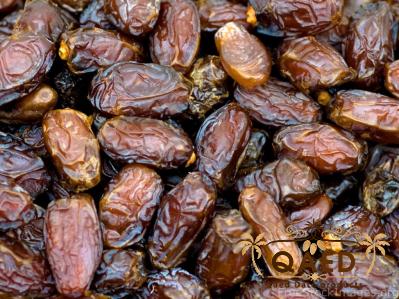 The process of harvesting dates is a labor-intensive endeavor that requires skill and precision. As the date season approaches, farmers carefully tend to their palm groves, ensuring that the fruits ripen to perfection. When the dates are ready for harvest, workers climb the towering palm trees to handpick the clusters of fruit, taking care not to damage the delicate fronds. Once harvested, the dates are sorted and cleaned before being sold in local markets or processed into various products such as date paste, syrup, or date-filled pastries. The export of Egyptian dates to global markets has expanded in recent years, with consumers worldwide recognizing the superior quality and taste of Egyptian-grown dates. In addition to their culinary uses, dates are also valued for their medicinal properties in traditional Egyptian medicine. Date pits are believed to have therapeutic benefits for various ailments, and date syrup is often used as a natural remedy for coughs and sore throats. The high iron content in dates makes them beneficial for those with anemia, helping to boost energy levels and improve overall health. Date festivals are a common sight in Egypt, where communities gather to celebrate the harvest season and showcase the diverse range of date varieties available. These festive events feature live music, traditional dances, and, of course, an abundance of dates in all shapes, sizes, and flavors. Date connoisseurs can sample different varieties, from the plump and juicy Medjool dates to the smaller and sweeter Fara’d dates, each offering a unique taste experience. In Egyptian folklore and poetry, dates are often praised for their symbolic significance as a fruit of prosperity, growth, and renewal. The act of sharing dates with guests is a gesture of hospitality and generosity, reflecting the warm and welcoming nature of Egyptian hospitality. Dates are offered as a token of friendship and goodwill, symbolizing the bond that unites people in joy and celebration. As the sun sets over the palm groves, casting a golden glow on the date palms, one cannot help but marvel at the timeless beauty and abundance that dates bring to the Egyptian landscape. From ancient times to the present day, dates continue to be a cherished fruit that nourishes the body and soul, embodying the rich heritage and cultural heritage of Egypt. In conclusion, dates in Egypt are not just a fruit but a symbol of tradition, vitality, and community. Their role in Egyptian society extends far beyond the dinner table, enriching lives and connecting people through shared experiences and flavors. Whether enjoyed as a simple snack or a gourmet delicacy, dates will always hold a special place in the hearts of the Egyptian people, a fruit that truly embodies the spirit of Egypt’s rich heritage and culinary traditions.
The process of harvesting dates is a labor-intensive endeavor that requires skill and precision. As the date season approaches, farmers carefully tend to their palm groves, ensuring that the fruits ripen to perfection. When the dates are ready for harvest, workers climb the towering palm trees to handpick the clusters of fruit, taking care not to damage the delicate fronds. Once harvested, the dates are sorted and cleaned before being sold in local markets or processed into various products such as date paste, syrup, or date-filled pastries. The export of Egyptian dates to global markets has expanded in recent years, with consumers worldwide recognizing the superior quality and taste of Egyptian-grown dates. In addition to their culinary uses, dates are also valued for their medicinal properties in traditional Egyptian medicine. Date pits are believed to have therapeutic benefits for various ailments, and date syrup is often used as a natural remedy for coughs and sore throats. The high iron content in dates makes them beneficial for those with anemia, helping to boost energy levels and improve overall health. Date festivals are a common sight in Egypt, where communities gather to celebrate the harvest season and showcase the diverse range of date varieties available. These festive events feature live music, traditional dances, and, of course, an abundance of dates in all shapes, sizes, and flavors. Date connoisseurs can sample different varieties, from the plump and juicy Medjool dates to the smaller and sweeter Fara’d dates, each offering a unique taste experience. In Egyptian folklore and poetry, dates are often praised for their symbolic significance as a fruit of prosperity, growth, and renewal. The act of sharing dates with guests is a gesture of hospitality and generosity, reflecting the warm and welcoming nature of Egyptian hospitality. Dates are offered as a token of friendship and goodwill, symbolizing the bond that unites people in joy and celebration. As the sun sets over the palm groves, casting a golden glow on the date palms, one cannot help but marvel at the timeless beauty and abundance that dates bring to the Egyptian landscape. From ancient times to the present day, dates continue to be a cherished fruit that nourishes the body and soul, embodying the rich heritage and cultural heritage of Egypt. In conclusion, dates in Egypt are not just a fruit but a symbol of tradition, vitality, and community. Their role in Egyptian society extends far beyond the dinner table, enriching lives and connecting people through shared experiences and flavors. Whether enjoyed as a simple snack or a gourmet delicacy, dates will always hold a special place in the hearts of the Egyptian people, a fruit that truly embodies the spirit of Egypt’s rich heritage and culinary traditions.

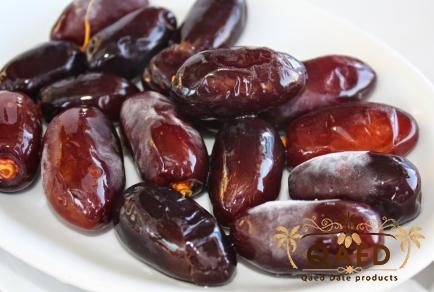
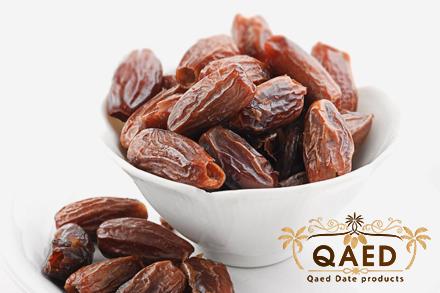
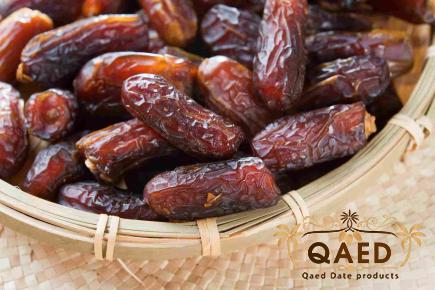
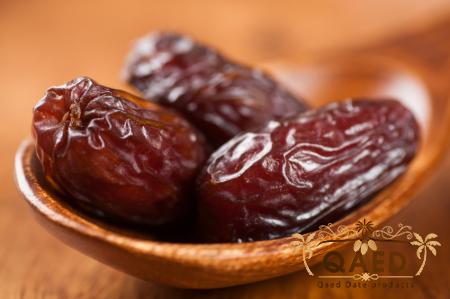
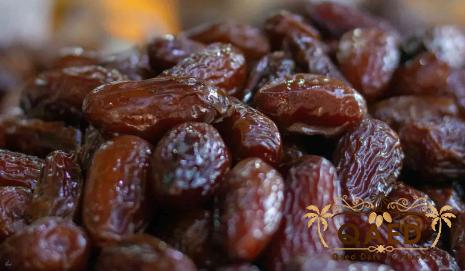
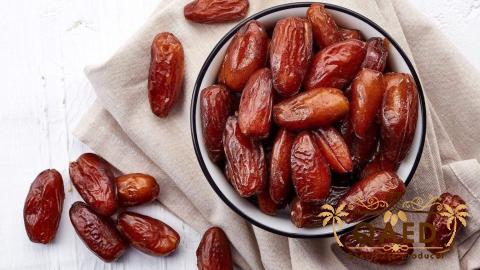
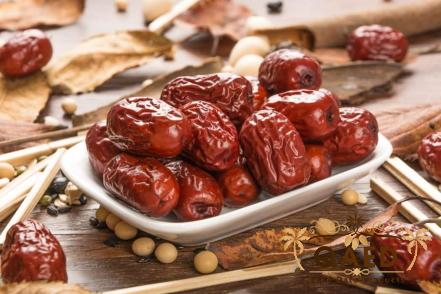
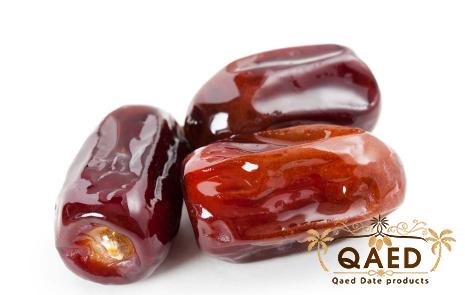
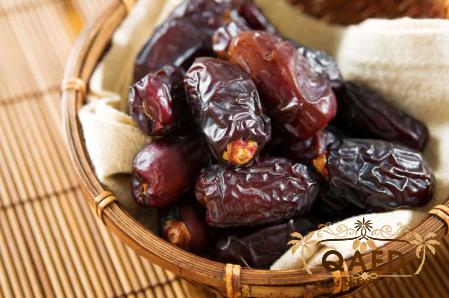
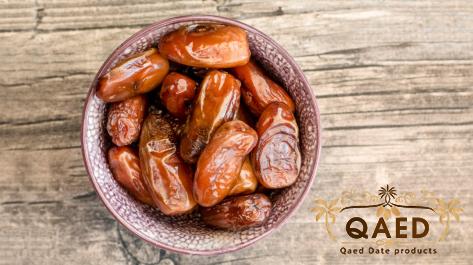
Your comment submitted.